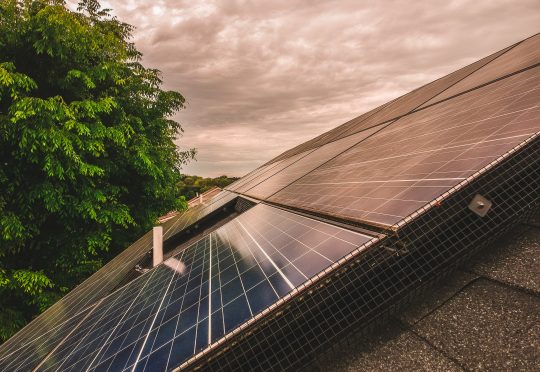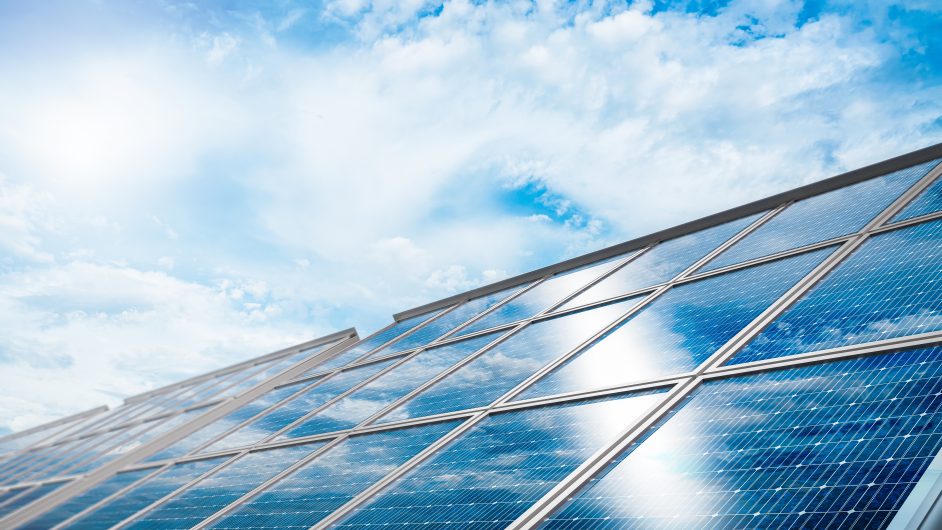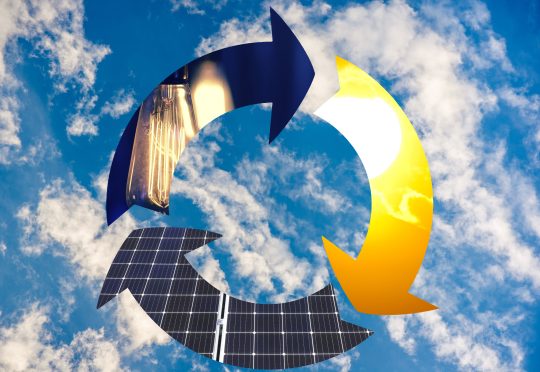
As energy prices continue to rise and concerns about climate change grow, more homeowners are turning to solar power as a way to reduce their energy bills and lower their carbon footprint. Solar power is not only clean and renewable but it also offers numerous benefits including energy independence from traditional utility companies, government incentives, and more. In this article we’ll explore why now may be the perfect time for you to take advantage of these opportunities by switching to solar.
1. Environmental Benefits
Solar energy is a brilliant source of renewable, clean power. It doesn’t deplete resources and it emits zero carbon footprint – all while decreasing the environmental impact caused by fossil fuel production. Plus, this alternative resource uses almost no water compared to traditional electricity plants.
2. Cost Savings
Solar panels offer a way to take advantage of renewable, free energy from our sun’s rays. With solar installations, you can lower or eradicate monthly utility payments and have peace of mind knowing that it is one small step towards reducing your carbon footprint.
3. Increased Home Value
If you’re considering making home improvements, investing in solar energy is a great way to increase both your property’s value and its curb appeal. Not only will it reduce the cost of your utility bills but studies have demonstrated that adding a solar panel system can add considerable monetary value when you list or resell – providing a solid return on investment.
According to studies from the National Renewable Energy Laboratory, every dollar a solar panel saves you on your electric bills increases the value of your home by $20. In addition, homes with solar panels installed sell for four percent higher than those without
4. Available Everywhere
Solar energy is an invaluable resource – even cloudier locations can reap its rewards. Greater solar potential exists in some areas compared to others, but even those with less direct sunlight can still generate electricity. It’s available on a daily basis and creates monetary savings long-term regardless of location.
5. Government Incentives
Based on the federal income tax credit, homeowners will get 30 percent of total system costs back from equipment and installation when filing taxes. Combine this with state and local rebates and Solar Renewable Energy Credits (SRECs), and cost can be greatly reduced.
Regardless of where you live, it’s likely you have some amazing solar incentives in place. Learn more about what is available to you and take advantage of these benefits while you can.
6. Low-Maintenance
Installing a solar system is an investment in future cost savings, as routine maintenance typically only involves keeping the panels free of debris. With minimal effort and no need for costly upkeep, consumers can enjoy reliable energy production with virtually no upkeep.
7. Power Prices on the Rise
With electricity costs continually on the rise, consumers now have a way to fight back with solar power. By harnessing the energy of the sun and investing in a renewable technology, people can not only reduce their monthly electric expenses but even make money by selling any unused electricity back to their utility provider.
8. Expect a Long Lifespan from Equipment
With solar panels, your energy savings will continue to add up over time. The good news is that most residential solar panels should operate for 25 years before degradation (or reduced energy production) is noticeable. Even at this benchmark, solar panels can still continue to convert sunlight into energy – just less efficiently than when they were originally installed.
9. Energy Independence
By creating your own source of energy, you can become independent from the grid! Not only does this help reduce costs but also provides a safe backup in case of power outages.
10. Low Maintenance
To ensure peak performance, solar panels require minimum upkeep – just a routine brushing off of dirt and debris that accumulate on your roof. Solar is a great option for those seeking an easy, low maintenance energy source. You can check out our solar maintenance guide for more details on recommended maintenance.
11. Continued Improvements
From the simple beginnings of harnessing energy from the sun, solar power technology has advanced dramatically. Its increased availability and decreased cost have meant that more people than ever can now experience the advantages of this inexhaustible source of energy. Solar technology is becoming more advanced and efficient, and even the aesthetics are improving day by day.
Solar energy is an incredible way to both save money and help our planet. Over the course of several years, investing in a solar system can ultimately lead to big electricity savings for consumers – go through the considerations mentioned above so that you can make an informed decision for your home!
FAQs
How long will my solar panel system last?
Solar panels are very durable and built to withstand the elements. Overall, your system should last for 25-30 years.
What happens during the solar installation process?
The solar installation process typically includes a site assessment, design and permitting, electrical work, inspection, and then monitoring and maintenance once the system is up and running. Check out questions to ask a solar installer to ensure the process goes smoothly.
Do solar panels work in a blackout?
If your solar panels are connected to the grid, they will shut off in the event of a power outage. However, there are certain inverters you can buy that provide backup power throughout a blackout when paired with a battery.


